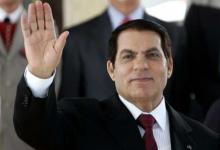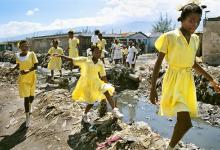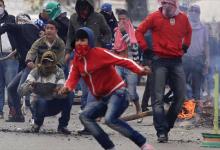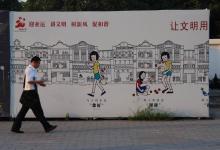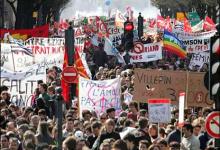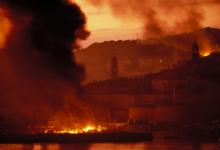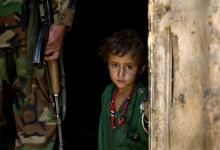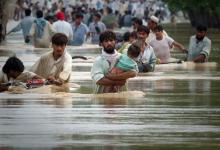Messages from Tunisia
What message should Tunisians and the peoples and governments of the Arab world and beyond take from the Tunisian uprising, asks Mohammed Hussainy. This article has been cross-posted from OpenDemocracy.net
Tunisia's revolt, which was triggered by the martyr Bouazezi's self-immolation and helped overthrow the "former" president, Zein Alabideen Bin Ali, carries many messages and lessons to be read and analysed.

